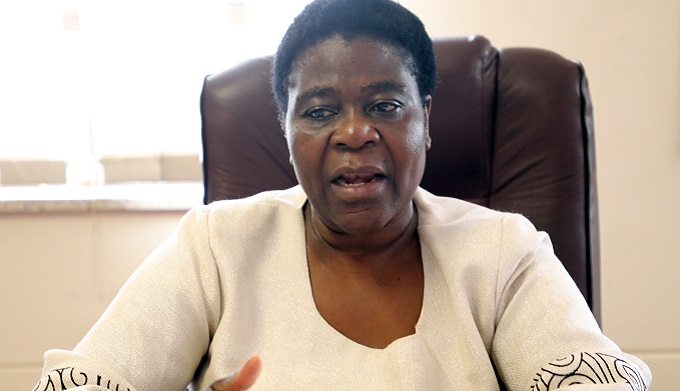LETTERS TO THE EDITOR: Christmas fast losing its unifying element

EDITOR – Many born in the late 1980s and early 1990s have almost a common memory of Christmas.
The mid-morning breakfast where cross legged children would sit around a winnowing basket (ukhomane), waiting to get their ration of lightly stale bread and jam, was an inescapable fixture for those who preferred spending their festive seasons in rural areas.
The ritual would not be complete in the absence of Kango cups filled with the coveted thick tea, which usually came in a feint green colour or yellow, December 25 was a day that galvanised the sense of community in many families.
The tradition is now waning as the elderly population, which played a key part in ensuring the logistics were well taken care of, are slowly giving in to the demands of age and nature. Families are also nucleated as the search for coins and sustenance has dispersed many across the width of the world.
In urban setups, there was an equally enthralling act of feasting that characterised the day supposed to be a commemoration of Jesus’ birthday.
Broiler chickens were deep fried to accompany rice and coleslaw salad, which gave colour to Christmas.
Perhaps why there has been an outcry over the apparent shortage of fizzy drinks in recent days, a Fanta was always the beverage to punctuate the sacred process. Christmas was family time where after a year of bustle people would slow down and reflect as they spent time with their kith and kin.
Now a shift seems to have hit the concept with others preferring to go on imbibing missions across the many watering holes in the capital. “The things that used to be considered to be luxurious have since lost that status. For instance, we can’t be celebrating over rice and chicken, that has become a routine meal in many homes,” said Aaron Njera, who was enjoying drinks with friends at Mereki on Christmas Day.
For those who are self-employed, the unpredictable nature of their work has forced them to enjoy holiday rest with one eye open. “You can`t go to the rural areas for a whole week when your livelihood depends on being in Harare. Things are a bit different from when our fathers used to work in factories and could afford to be away from work for almost a week,” Njera added.
Companies have shifted their culture; they barely close for holidays like the corporates of yesteryear. As a result, many cannot afford to escape the cities and towns they work in, even for a few days unless their leave days coincide with the festive season.
There have been rhetorical questions in WhatsApp groups and in bars with people asking if there was Christmas this year? The assumption was, it takes a few commodities to define the “season”, which has transcended through some harder phases in history than is being experienced.
There have been writings that there will be a bleak Christmas due to shortage of basic consumer goods considered key for festivities and their pricing. But a snap survey around popular spots in Harare told a different story.
At Eclipse Pub and Grill in the capital, there was barely any place to move. The same was the case at Mereki Shopping Centre (Warren Park D) and Zindoga (Waterfalls) and nearly all the beverage and food outlets at Sam Levy’s Village in Borrowdale. Christmas as a concept may not have died as suggested, but has simply left many lounges for a more liberated social space.
Others believe Jesus no longer headlines his own holidays as activities are drifting from Christian solemness. Unlike other Christian holidays like Easter, which have a few distinct activities around them, Christmas has more barbecue and jolly rides.
It has become a consumption extravaganza characterised by gluttonous eating. Maybe it is because Christmas is debated. There are historical scholars who do not believe the end of year holiday is in any way related to the birth of Jesus Christ.
Maybe the conversation needs to be localised. As a people, we need to reflect and see if we can have our own characters we dedicate special days to. Traceable history we can celebrate without underlying doubts on whether the stories are well packaged fiction or fact. Maybe one day conversations will also place prominence on Africans who broke barriers.
Christmas is slowly losing its unifying element, which was consolation for its commemoration. Other than that, it appears a ploy to expose many families to snares by retailers under the pretext of it being merry.
Leroy Dzenga












Comments